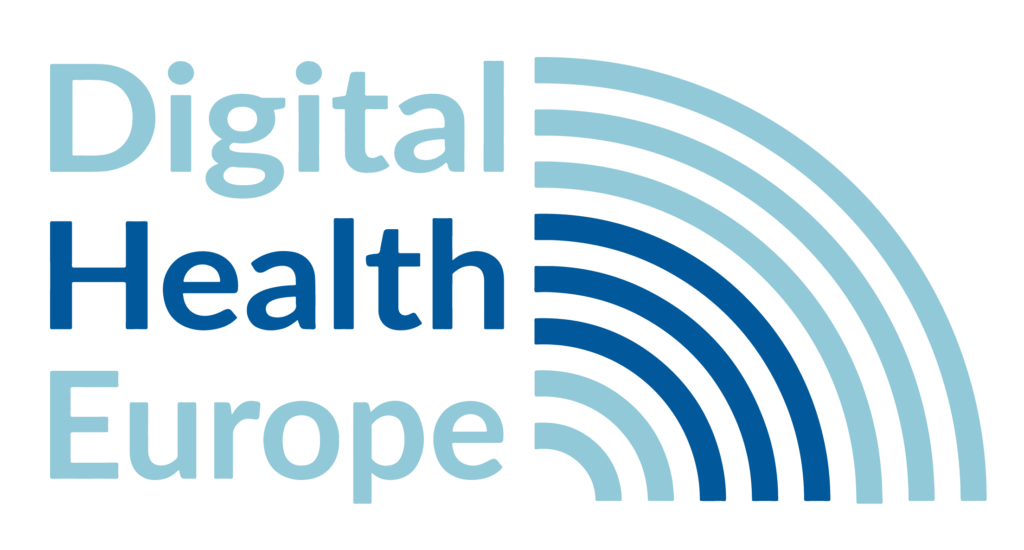An HDC is a health data bank. The account holders, also referred to as members, users, or citizens, can collect and store their health-related information, for example, from the EPR, fitness or sleeping apps, heart rate monitors, and glucose meters on their HDC account. They are the rightful data owners and make the decisions regarding information sharing.[29] An HDC is concerned with the collection, storage, maintenance, management, and analysis of health data. To become part of an HDC, an individual has to pay a one-time unit price (membership fee), which entitles the person to be a member and owner at the same time.[30] The data are citizen owned and managed; the account holder is the only person empowered to add, adjust, or remove information and to decide when and with whom he or she wants to share personal health information.[31] An HDC is the equal property of all its members. This cooperative approach ensures that decisions are made collectively. Each member has one vote, which, for example, can be used during elections on a new executive management. As a result of this approach, the HDC mod-el is citizen centred, which entails that the cooperative acts in the interest of its users.[32] [29] Healthbank.coop (2016): Healthbank My data, my choice, my health. (Internet), p.1, Available from: https://www.healthbank.coop/faq/ [30] Hafen E, Kossmann D & Brand A (2014): Health Data Cooperatives Citizen Empowerment. In: Methods of Information in Medicine, 53, p.8286. [31] MIDATA.coop (2016): My Data Our Health. (Internet), Available from: https://midata.coop. [32] Hafen E, Kossmann D & Brand A (2014): Health Data Cooperatives Citizen Empowerment. In: Methods of Information in Medicine, 53, p.8286.
